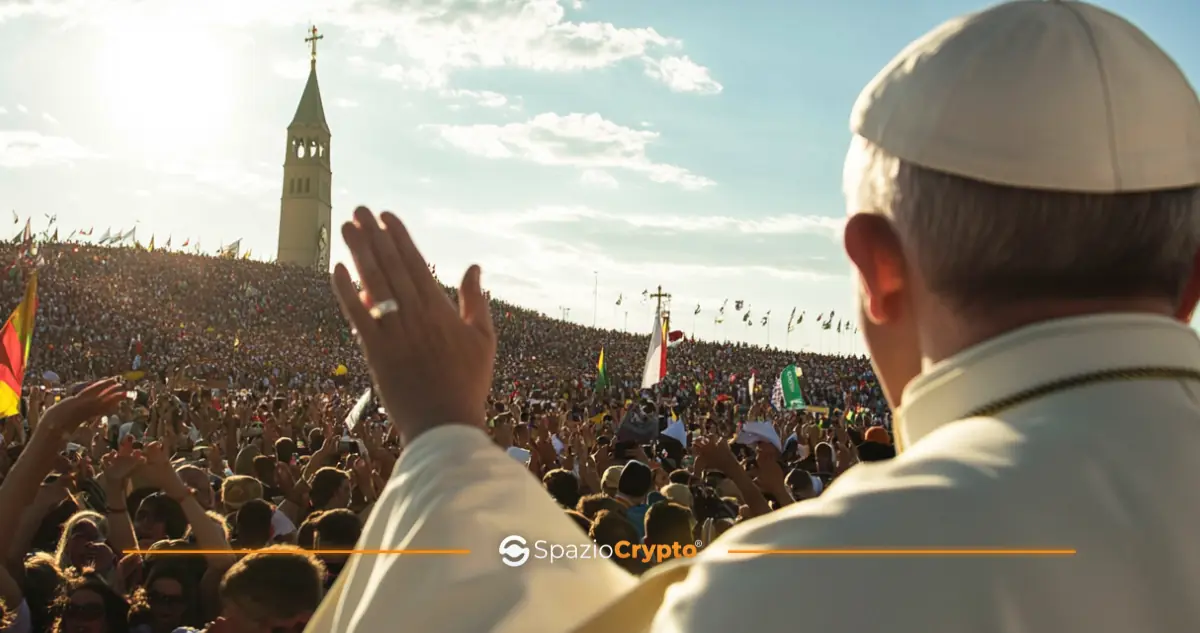Cryptocurrency forecasting market participants rate the likelihood of certain candidates being elected to the Holy See.
Polymarket, a popular cryptocurrency-based forecasting platform, has seen a surge in activity as users place bets on who will become the next Pope. Following speculation about potential changes within the Vatican, participants are using cryptos to predict the outcome of the papal election.
The platform allows users to bet on various candidates, with odds changing in real time based on market sentiment. This intersection of faith and finance highlights how blockchain technology is transforming engagement in global events.
Following the news of Pope Francis' death, 'yes' bets on Polymarket'Will there be a new pope in 2025?" predictions rose sharply. In the morning, the probability of a change of pope was estimated at 35% (35 cents per 'yes' token), but after the news broke, the rate rose several times to $1 (100%). The volume of bets on the market exceeded $2 million.
Polymarket is the largest decentralised prediction marketplace. Users bet on the outcome of events by buying "yes" or "no" tokens with cryptocurrencies.
The price of the token reflects the probability of an event: if the "yes" token costs $0.20, the chance is estimated at 20%. Winning tokens are worth $1, losing tokens reset to zero.
Polymarket opens betting pools on the papal succession because of concerns about Pope Francis' health.
According to Polymarket's rules, the pool will end in favour of 'yes' if the new pontiff is officially announced before the end of 2025. The source can be an official statement from the Vatican or a consensus from the main authoritative media.
Francesco was hospitalised on 14 February for a respiratory infection and was subsequently diagnosed with double pneumonia. The betting pool for the election of the new pope was opened on Polymarket six days later, on 20 February.
On 25 February, two other pools appeared: one with a list of candidates, and one with the names of the continents from which the new head of the Catholic Church could come.
The "Who will be the next pope?" pool explains that, after Francis' death, the process of electing his successor through conclave began. The current favourite is Cardinal Luis Antonio Tagle, with other strong candidates including the Vatican Secretary of State, Cardinal Pietro Parolin, as well as Cardinals Peter Erdő and Peter Turkson. The conclave, which involves daily voting until a two-thirds majority is reached, is expected to last between 15 and 20 days.
There is no clear leader in the "From which continent will the next pope come?" pool. However, cardinals from the global South, particularly Africa and Asia, are attracting attention. Luis Antonio Tagle of the Philippines is a strong contender to become the first Asian pope. However, according to the pool participants, there is a 56% chance that the new pontiff will come from Europe (as of 4:30 pm Moscow time), while the probability of him coming from Asia is estimated at 31%.









